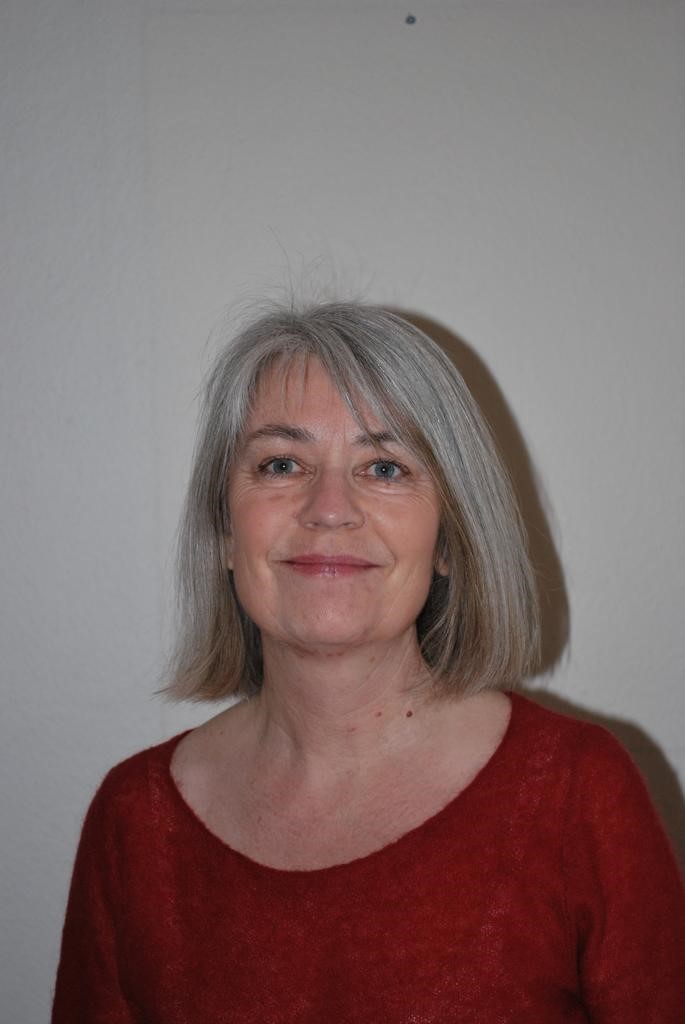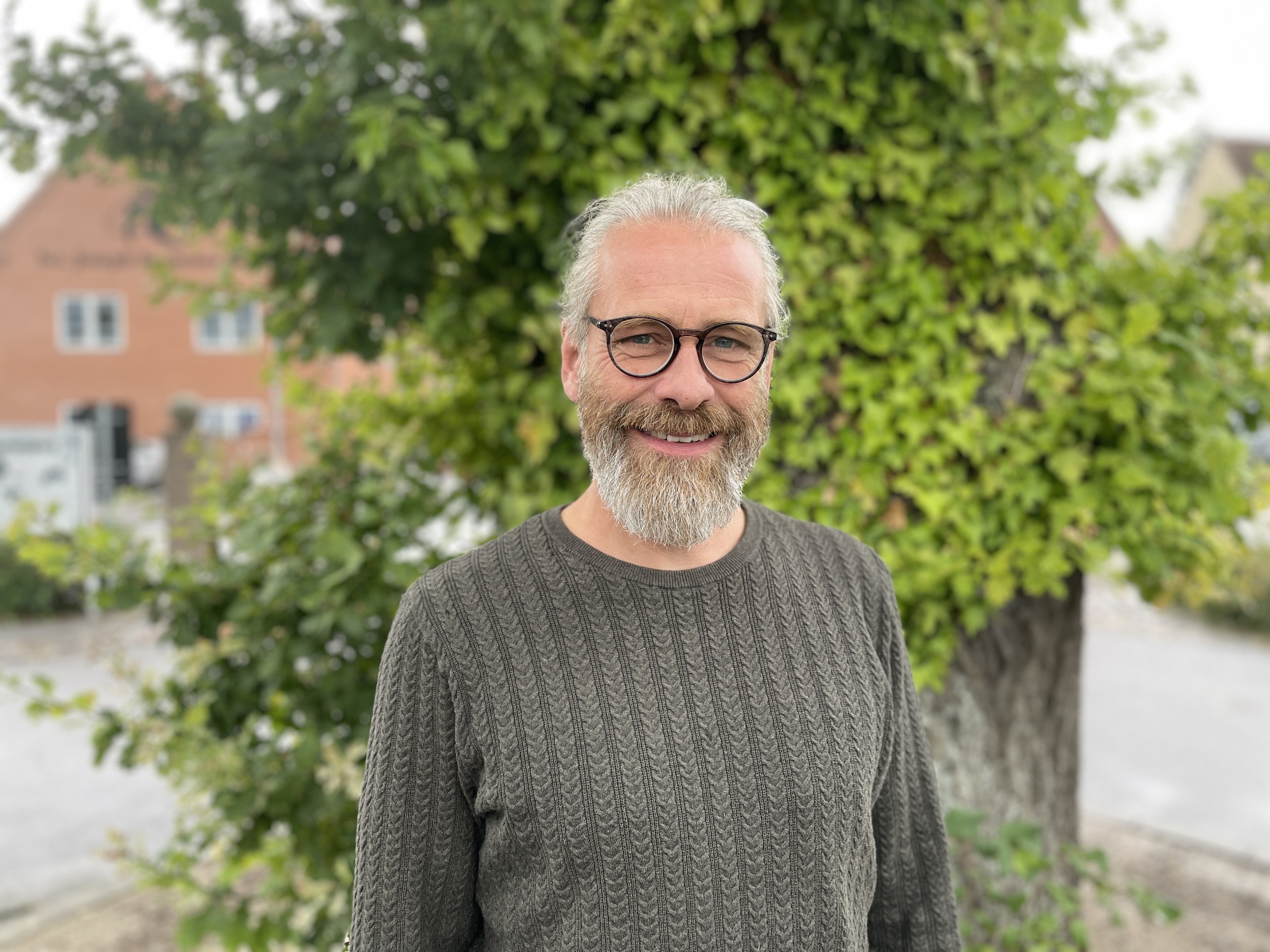Microcredentials - the path to an upskilled workforce

By Dorthe Kirkgaard Nielsen – link to Linked-in profile https://www.linkedin.com/in/dorthe-kirkgaard-nielsen-b491366/ - for EPALE Denmark
In a world where both society and working life are changing at lightning speed due to technological development as well as the green transition, it is imperative that the workforce can quickly adapt to the right skills. In view of this, the European Commission along with the EU Council of Ministers have made microcredentials a key part of the new European Skills Agenda.
Because they believe that microcredentials can help Europe both upskill and reskill its workforce to meet future skills requirements. The EU Council of Ministers therefore issued a series of recommendations to member states last summer on how they can work on the introduction of microcredentials.
In Sweden they are called mikromeriter. In Denmark microcredentials - in brief, they are proof of the learning outcome of a course or other short learning programme.
‘Microcredentials are defined by their strong work-oriented focus. They’re an opportunity to fill in your skills gap, or keep up with an evolving labour market. They’re what you don't have from your education, or what is not offered,’ says Bodil Husted, long-standing associate professor at VIA University College and one of several Danish experts in the field.

She has been a member of the Expert Network for Validation under the Nordic Network for Adult Learning (NVL) for many years, and until the end of the year she will be leading a project to map out microcredentials in the Nordic countries and autonomous regions.
‘The need for microcredentials has arisen because of the speed at which the world and the labour market are evolving, but they also contain a critique of the existing education and training system. It’s simply too long a wait from when a need is identified until a formal approved training course is available,’ says Bodil Husted.
Promoting the empowerment agenda
Microcredentials focus on specific professional skills as well as soft skills, and must be able to document both the specific professional learning and the working life competencies people already have. Some of the competency elements of microcredentials are intended to be achievable through prior learning assessment, thus supplying unskilled or self-taught individuals with a written record of their competencies.
Bodil Husted sees great learning potential in microcredentials because they can be used to provide the workforce with relevant and continuous training.
‘Microcredentials are a quick and flexible way of helping the workforce acquire the skills required by society and the labour market. At the same time, they promote the whole empowerment agenda, as they give a group of people access to the labour market because they can gradually acquire knowledge and skills in small chunks and document it through microcredentials,’ explains Bodil Husted.
Both unskilled and skilled workers, as well as those with a higher education can benefit greatly from microcredentials. Bodil Husted emphasises that microcredentials should not be seen as a replacement or alternative to formal training. But as a supplement, because they allow for the fast, flexible and individualised learning that is currently in demand.
‘An academy or diploma programme can feel like an almost endless education to some, but with microcredentials you can create new profiles tailored to the needs of companies. Where you build up an education like stacking building blocks, at the level and with the blocks that exactly fit the needs of the company,’ says Bodil Husted.
Broad recognition needed
The ability to build with these blocks, or ‘stackability’, is one of the basic principles of the EU recommendation. To stack your microcredentials on top of each other, so that together they ensure you reach the necessary level for a specific job or admission to a specific training course.
The second principle is ‘portability’ - the ability to carry your microcredentials with you because they are widely recognised.
‘The idea is that you should be able to take the proof of learning outcomes to educational and training institutions and workplaces across industries, sectors and national borders, and that it should be subject to some form of quality assurance,’ explains Bodil Husted.
Although Bodil Husted sees great potential in microcredentials in terms of lifelong learning and securing the right skills in the workforce, quality and validity are crucial to their success. So is a universal understanding of what microcredentials actually are.
‘It's absolutely crucial that we create an ecosystem that provides guidance, quality assurance, and credentials that are widely recognised. Anyone can create a course, that's the easy bit. The hard part is how you give guidance, ensure quality, and make sure the credentials are valid, so that you can carry your microcredentials with you,’ she says.
Denmark has not made much progress with microcredentials
Bodil Husted thinks there are many uncertainties around microcredentials. Is it at all possible to identify and formulate a clear and objective learning outcome for both soft and hard skills? And do all learning providers even have the time and skills to issue microcredentials?
‘We need to be careful not to let microcredentials become a quick and easy way to get customers in store in the short term, and thereby get fragmented courses without the right quality, recognition and validity. At the same time, we need to guard against formalising them too much, because if we force microcredentials onto the formal education system, they’ll become just as heavy and inflexible,’ says Bodil Husted.
At present, according to Bodil Husted, Denmark has not made much progress in the area of microcredentials. People have the same opinion at VUC Storstrøm, where they are participating in the Eramus+ project MIC4VET. A project that is working on the validation of microcredentials.
‘Our feeling is that they’re almost non-existent. In connection with our participation in this project, I have tried to find others working with microcredentials in Denmark, but have not been able to find anything. That's not to say that they’re not there, because maybe there are informal things going on,’ says Pernille Skov Sørensen, development consultant at VUC Storstrøm - and project manager for the Danish part of MIC4VET.
Project develops system for validation
The MIC4VET project is a two-year project that aims to develop a system for validating microcredentials across EU countries. The project focuses on two soft skills: Teamwork and Flexibility and adaptability.
‘Both soft skills are very interesting in the business community for both skilled and unskilled workers, and all participants in the project are working on the same two topics, which we are now jointly trying to develop a method to validate,’ says Jacob Mazanti, development consultant at VUC Storstrøm and project worker.

The actual learning programme for the two soft skills can be either a separate course or part of another activity - for example, a company has a group of employees on a course in Documentation Danish or English, or alternatively, Teamwork or Flexibility and adaptability is incorporated into a learning programme.
The project involves a high degree of self-assessment, combined with the trainer's or supervisor's assessment. A six-step model is used for obtaining the microcredential in question.
‘It's much more flexible than statutory training courses. Because it doesn't have to be approved by a government agency. The certification is done by teachers and supervisors, so the educational institutions take care of everything themselves,’ says Jacob Mazanti.
Visit to local businesses
To assess the two soft skills, the project uses the eight-step European Qualification Framework (EQF).
‘Our two microcredentials fall within levels 3-5 of the EQF based on an assessment of a range of knowledge, skills and competencies/attitudes, and this framework is important as we have something to measure and validate against,’ explains Jacob Mazanti.
He recently visited a number of local businesses, schools and organisations to hear their thoughts on the two microcredentials and the validity of the process, and what they would think of these credentials if presented with them.
‘On the whole, they say yes, they would trust the validity, although they’re unsure how much they would use these microcredentials when hiring people. On the other hand, they value the learning content itself - if a person can give an account of their own meta-competencies in a job interview, then that would count for something,’ he says.
Similar surveys have been conducted in other countries.
Self-confidence and increased mobility
Like Bodil Husted, Jacob Mazanti and Pernille Skov Sørensen see great potential in the increased use of microcredentials. They call it ‘spot-on’ lifelong learning with short, flexible learning programmes that can be held almost anywhere - and without you having to enroll in a training course.
‘Microcredentials can bring training to a much wider audience. The fact that it’s micro-training makes it affordable. With microcredentials, an unskilled school leaver who has generally had poor experience with their education may feel that you can succeed in education even if you are dyslexic and not good at maths,’ says Pernille Skov Sørensen.
‘Microcredentials are also a way of assessing the skills you have but have no documentation for. So they can build up your self-confidence and raise the level of the entire workforce by turning informal skills into formal competencies. This also increases mobility in the job market - both in Denmark and across EU borders,’ says Jacob Mazanti.
AMUs are not microcredentials
In Denmark, we like to pride ourselves on the AMU system, because since 1960, AMUs - Adult Vocational Training Programmes (Arbejdsmarkedsuddannelser) - have ensured the continuous upskilling and training of both unskilled and skilled workers in the Danish labour market - and thus in many ways resemble microcredentials.
The system is designed to continuously support skilled and unskilled workers in developing their professional skills, to enable them to keep up with the demands of the job market. And acquire the qualifications and skills that are sought after.
At the same time, AMU courses can also be put together and assembled as building blocks, structured on the needs of individuals and companies, and all course participants receive a certificate of completion for each completed course.
Despite the similarities with microcredentials, Bodil Husted emphasises that AMUs cannot be formally defined as microcredentials.
‘AMU programmes are not microcredentials. Because an AMU is an independent training programme with its own statutory order, and is based on descriptions of defined goals and skills through a party system,’ explains Bodil Husted.
She therefore calls for Denmark to get serious about microcredentials. She would like the Ministry of Education to get involved and the players in the field to join forces to develop microcredentials in Denmark.
| Bodil Husted is a long-standing associate professor at VIA University College, where she has been researching validation and skills development for many years. Since 2019 she has been working with microcredentials. She is a member of the Expert Network for Validation under the Nordic Network for Adult Learning (NVL). Until the end of the year, she will be leading a project to map out and analyse training and learning formats that may fall within the definition of microcredentials. The project was commissioned by the Nordic Council of Ministers. |
| MIC4VET is a two-year Erasmus+ project that aims to develop a system for validating microcredentials across EU countries. The project focuses on two soft skills: Teamwork and Flexibility and adaptability. ENGIM in Italy is the lead partner in the project, which has participants from Italy, Denmark, Ireland, Spain and Belgium. Participants include both NGOs and educational institutions within vocational and adult education. The project runs from 1 October 2022 to 30 September 2024. Erasmus+ has supported the project with a total of 400,000 euros - around three million Danish kroner. |
| VUC Stormstrøm is an adult education centre that covers the municipalities of Lolland, Guldborgsund, Vordingborg, Næstved, Faxe, and Stevns. VUC Stormstrøm trains more than 130 employees and about 3,000 course participants annually. VUC Stormstrøm is headquartered in Nykøbing Falster and also provides instruction in the cities of Faxe, Vordingborg, Næstved, Nakskov, and Maribo. |




